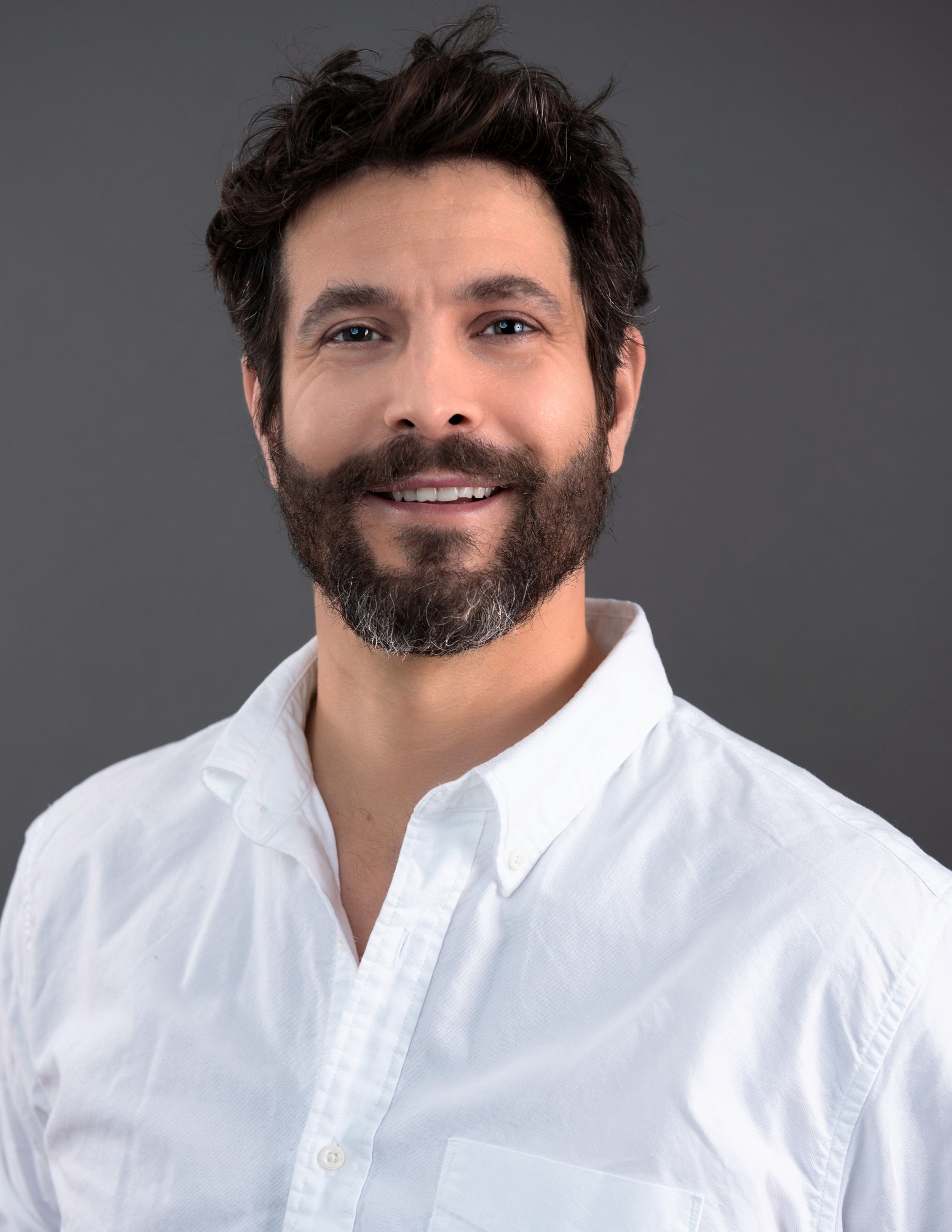
Meet Our Coaches
-

Julie Menanno
FOUNDER
-

Nicole Bihl
COACH
-

Jaime Cecutti
COACH
-

Lizeth Felix
COACH
-

Joshua Nathaniel Reid Ollswang
COACH
-

Cindy Poulsen
COACH
-

Lauren Sweitzer
COACH
Book an appointment
FAQ
-
Are all of your coaches familiar with attachment styles and negative cycles?
YES! Everyone on our team is dedicated to this style of coaching and completes frequent training to improve their skills. Coaching sessions are also influenced by Emotionally Focused Therapy (EFT).
-
Are coaching sessions virtual?
Yes! All of our coaches see their clients remotely which allows them to see clients from around the world.
-
What is the difference between coaching and therapy?
None of our coaches can diagnose or treat mental health conditions.
-
Do you accept insurance?
We cannot accept insurance for our coaching services nor can we provide Superbills for insurance reimbursement.
-
How often should I meet with my coach?
Everyone’s situation is different however we believe that weekly sessions will provide the most beneficial results. Scheduling a 15 minute call with a coach is a great way to understand their approach and to make a schedule that works for you.
Still have questions about our coaching services?
Looking for a group experience?
$49.99
per month
Join Julie and a group of fellow couples and individuals in bi-weekly meetings held on Wednesdays at 6pm Mountain Time. This group offers a unique opportunity to interact with Julie directly, ask questions, and engage in discussions on a variety of topics. As a member, you'll have access to all previous meeting recordings, ensuring you never miss a moment. Julie will spend approximately half of each meeting sharing a slideshow on a topic of her choice.
$25
One Time Fee
In this 3-hour workshop, you’ll uncover how shame operates in your life and relationships, and why it’s often the hidden force behind recurring negative cycles. Whether you’re an individual seeking personal growth or a couple wanting to deepen your connection, this workshop will equip you with the tools and insights needed to break free from the grip of shame and foster healthier emotional dynamics.
Saturday November 16th 10am EST/9am CST/ 7am PST
